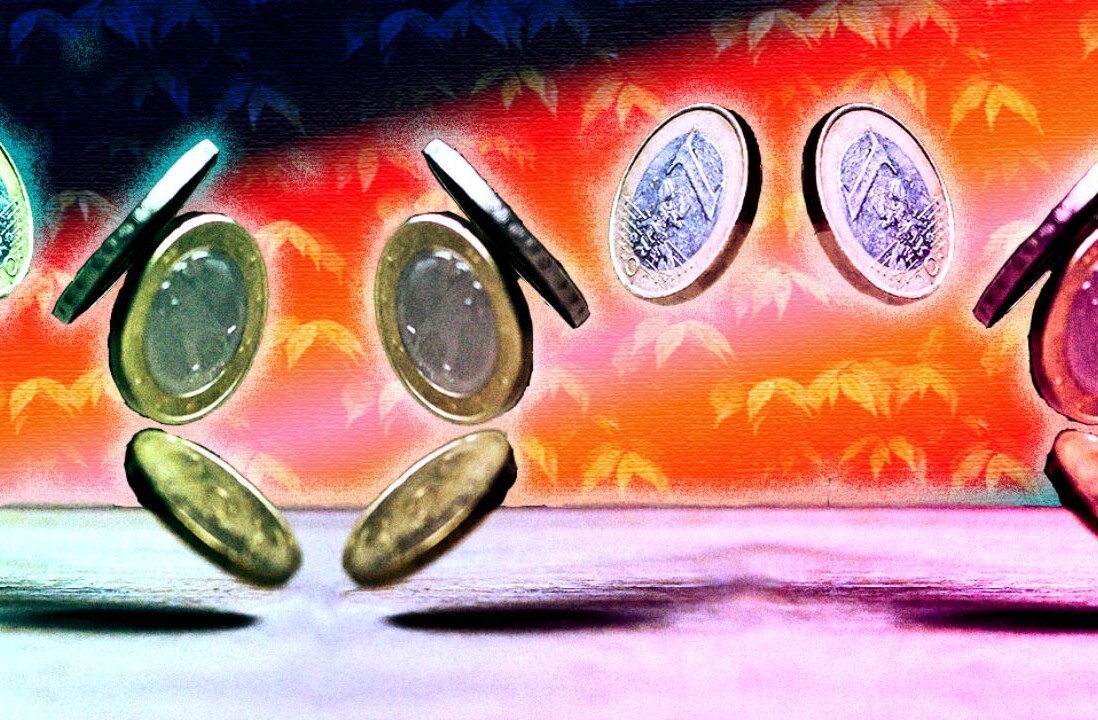
(Disclaimer: I wrote this story because I’m excited about a class we are offering through TNW Academy. Nobody asked me to write it and I don’t usually write these kinds of posts but I did sign up for the class, thought about the subject a bit and that inspired me to write this post.)
I love a good story. In fact, I think stories make life worth living. When I hurt myself in a spectacular way (during skiing, climbing or some other dangerous activity) you can put a smile on my face by saying ‘well, at least you’ll have a nice story to tell’.
My kids know I love stories. I love hearing them tell stories and I also love telling them. Often they will ask me for a story and we have a formula for getting to them. They will shout out a random word, I will think about it for a few seconds, and then remember a story, or make one up.
When I was a kid I remember my mother telling a story to someone else. She was swinging her arms and in the middle of an exciting part when someone corrected her on a detail and claimed something wasn’t true. She stopped mid-sentence with her arms still in the air and said “Who cares if it is true? Do you want to hear a great story or not?” and then continued her story like nothing happened.
By now you should realize that the anecdote I just told you isn’t really exactly 100% true either. But who cares, right?
Entrepreneur, storyteller
Entrepreneurs are generally great storytellers too. And not too precise with the truth either. When they say ‘this is a technology that will revolutionize X and Y’ what they actually mean is ‘this might work, I certainly hope so, and if it does it might compete with X and Y’. As users, partners and investors we just choose to believe the story and hope that dreams and hopes will one day turn into reality.
In a way, an entrepreneur tells you what is going to happen and then hopes that reality catches up.
Once an entrepreneur complained to me, halfway through a two-minute pitch for a jury, that he didn’t think he could pitch his incredible startup in only two minutes. I explained to that as an entrepreneur, everything you do is a pitch, and usually you have less than two minutes.
Your site is a pitch, and visitors decide within a fraction of a second if they are going to stick around or move on. A stranger you meet decides within five seconds if he or she is going to like or dislike your story. You’ve got maybe a minute to explain to your partner why you are leaving them alone, again, this evening to work on your presentation. And you pitch to your employees why they too should spend the evening at the office for the good of the company. Everything is a pitch. Everything is a story.
When I have to pitch to an audience I have a simple trick to get them to relax and be more open to my pitch. I’ll start off with ‘you can relax for a while now. I’m not going to pitch you anything. I’m just going to tell you a story’. It is a trick, because although I start off with a (hopefully) amusing or inspiring anecdote, at the end of it I get to the point and deliver my pitch. But I’ve seen audiences collectively let out a sigh of relief when I say it, put down their pens and lean back to enjoy my story.
So when I read on this blog that we were having a TNW Academy class on storytelling I signed up right away. And all marketing bullshit aside, if you are an entrepreneur I hope you sign up too. Or don’t, and read a good book about telling stories. Or take a few moments to think about what your story is. Not your pitch, or your statistics or the results of your Excel sheets, which probably look amazing. But how could you relax an audience and convince them you’ve got a cool story instead of a pitch? Because pitches are hard to do and often uninteresting to watch.
But everybody loves a good story.
Image credit: Pond5
Get the TNW newsletter
Get the most important tech news in your inbox each week.





